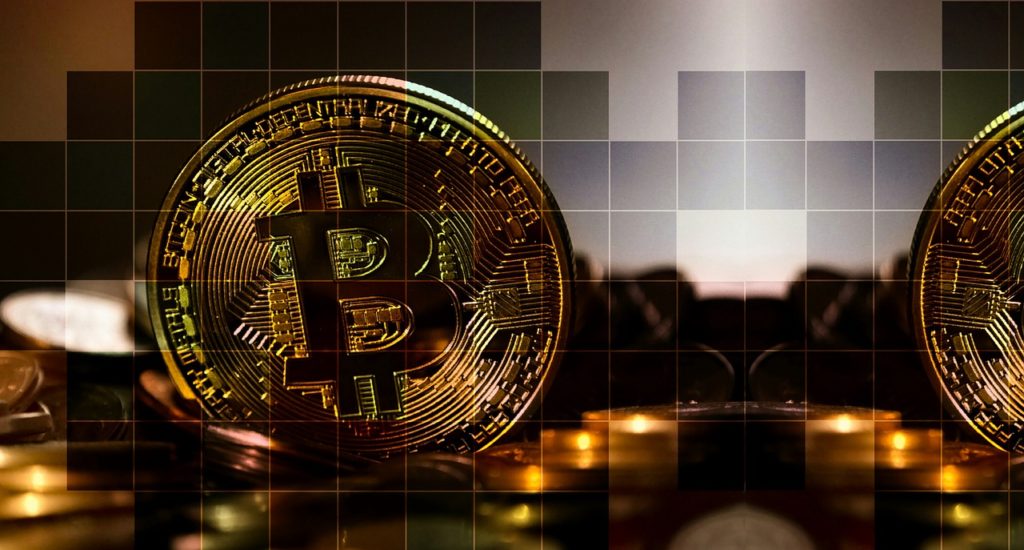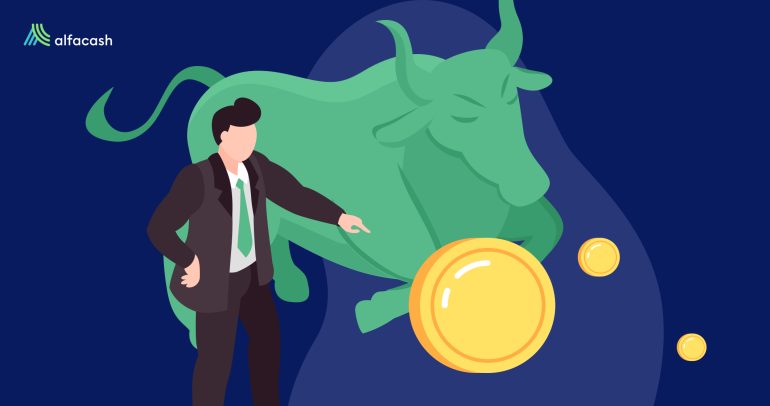From bullish to bearish to bullish again, claims about BitcoinBitcoin is the first decentralized digital currency. It was created in 2009, by an anonymous founder or group of founders... More and Ripple, cyber-criminals around, and lost funds recovered; this January has been kind of like a roller coaster in the cryptocurrencyA digital currency running on a blockchain and built with cryptography. Contrary to central-bank issued currency, cryptocurrency issuance rules are... More world. Let’s check then which important things happened for Bitcoin and cryptos in the first month of 2021.
About regulations and authorities…
- The Ripple legal storm continues with more thunders coming. At the beginning of this month, several XRP investors filed a new lawsuit against the U.S. Securities and Exchange Commission (SEC) for financial damage. Not much later, the firm Tetragon, a significant investor of Ripple Labs, sued the crypto-company to recover its investment.
Additionally, by the end of January, another investor decided to file a class-action lawsuit against Ripple Labs, after losing barely $48 because of the XRP price drop. It’s supposed he’s only trying to open the way for other investors to join. On the other hand, the first court date for the case, in general, is February 22.

- The Philippines has released new rules for cryptocurrencies within its territory. Now, the cryptos will be treated as cross-border payments, and the providers must comply with anti-money laundering (AML) measures. Dubai is following suit: according to Dubai Financial Services Authority (DFSA), they’ll regulate this year security, exchange, and utility tokens, as well as cryptocurrency firms.
- The proposal by the U.S. Financial Crimes Enforcement Network (FinCEN) about supervising “unhosted wallets” extended its short comment period of the new rules to 60 days. Anyway, the new U.S. elected president Joe Biden froze all federal regulatory processes for a minimum of 60 days, including the cryptocurrency-related ones.
- Starting on April 1, 2021, every government official in Russia will be banned from owning any kind of cryptocurrency. Meanwhile, United Kingdom could ban the cybersecurity insurance firms to pay the cryptocurrency ransom for the companies in case of a ransomware attack. Mainly, because they’d be funding the organized crime.
Cybersecurity and attacks
- There are around some fake trading and poker apps infected with malware capable to steal cryptocurrencies. Besides, the hardware walletA crypto wallet is a user-friendly software or hardware used to manage private keys. There are software wallets for desktop... More provider Ledger suffered this month another data leak, where 20,000 customer records were affected. The hackers could use that information to spread malware again via email.

- A dangerous robbery gang seems to be hunting cryptocurrency traders in Hong Kong. They lure the victims with several successful virtual transactions before meeting in person, for a supposed bigger P2P trade. Then, they use brute force to rob the victim’s cryptocurrencies and cash. They got away with around $1M so far.
- The decentralized liquidy provider SushiSwap suffered a minor robbery, where the hacker snatched 24h of DIGG/WBTC swap fees (81 ETH – around $110.100). The native token and its price weren’t affected, at the least.
- The classic giveaway scams on Twitter involving Elon Musk are on the rise. The scammers managed to steal verified accounts on such social network, and then comment from them in the original Elon Musk’s tweets to promote the scam. They invite the users to send them BTCAn abbreviation for Bitcoin., promising to return twice the amount. Of course, they only steal the funds.
On the markets
- On January 8, Bitcoin reached its last All-Time-High (ATH), surpassing $41,900 per coin. Ethereum did it too by the end of the month, with over $1,467 per token. Besides, they weren’t alone: Cosmos (ATOM) reached a new peak of $10,13; Uniswap (UNI) established a new $15.5 record per token; Chainlink (LINK) surpassed $25.6 per coin, AAVE hit $305.4 and Dogecoin (DOGE) made it to $0.074 per token [CoinMarketCap].

- After some milestones, the market acted bearish for a while. Bitcoin descended to even $28.200, and it’s still in recovery. Ethereum and most of the other ATH-altcoins said goodbye soon to their peaks, but they’re still growing in green and with good perspectives ahead. Dogecoin is the exception because is still on the rise, breaking new records.
- Despite its position by market capitalization and its popularity, EOS doesn’t seem to be catching up with the bullish season. Daniel Larimer, its co-founder and CTO, resigned to BlockA collection of cryptocurrency transactions. Every few minutes (or seconds, depending on the blockchain) one miner or validator verifies the... More.one mid-January. The price of the cryptocurrency was affected for it, and now it’s just stagnant, very far from its last ATH in 2018.
- Talking about Proof-of-Stake (PoS) coins, Ethereum now has over 2% of its total supply locked inside ETH. 2.0 staking contract. That means over $3.1b staked on this (future) network, and make it the third-largest blockchainBlockchain is a type of database storing an immutable set of data, verifiable to anyone with access to it —through... by staked value. The calculated Annual Percentage Yield (APY) is around 9.76%.
Other news
- Businessman Craig Wright, who’s been proclaiming without definitive proofs that he is Satoshi Nakamoto (Bitcoin creator), threatened with legal actions against the Bitcoin original whitepaper hosters. This, supposedly, for copyright infringement, even when Bitcoin is still an open-source and free software. As a result, the whitepaper was removed from Bitcoin Core, the main Bitcoin client.
Also, as a result, it was quickly created a movement on Twitter under the hashtag #BitcoinPdf for the users and companies to share the document on their own websites and networks. Thousands of them have joined, including Microstrategy, Fidelity Digital Assets, Coin Center, Chaincode Labs, Paradigm, Casa, NYDIG, Riccardo Spagni, Square, Novi; and even the governments of Miami and Estonia. Of course, we also shared it on Alfacash!

- Wladimir van der Laan, the main Bitcoin Core maintainer, stepped down from his role this January. The decision came after a break in his responsibilities since the last year. According to his blog post about it, Bitcoin needs more decentralizationThe transfer of control from one central entity to numerous smaller entities. Generally, cryptocurrencies are decentralized. Every crypto transaction is... More and it’s become stressful for him to be the ultimate leader of its development. The announcement arrived the same day of Craig Wright’s claims about the whitepaper, so, this is maybe one of the main reasons for Laan’s departure.
- Bitcoin institutional mining is growing. This same month, the Chinese sports lottery firm 500.com announced its plans to invest around $14.4m to buy Bitcoin mining machines. Also, the government of Pakistani province Khyber Pakhtunkhwa approved the funds to install mining farms and then boost the local economy.
Not much later, the firm BitCluster created the first Bitcoin mining farm in the Arctic Circle around Siberia. Following suit, the videogames operator The9 Limited signed five agreements to acquire 26,000 Bitcoin mining equipment. Finally, the crypto-company Blockstream announced an investment of $25m to expand its mining operations.
- If losing passwords, hard drives and private keys of old Bitcoin wallets is something very common, recover them isn’t very usual. That’s why a Redditor made history this month and went viral when he successfully recovered 127 BTC from an old PC. They were dormant there since 2012. And now, he became a millionaire for it.
Featured Image by StockSnap from Pixabay
Wanna trade BTC, ETH, and other tokens? You can do it safely on Alfacash! And don’t forget we’re talking about this and a lot of other things on our social media.
Twitter * Telegram * Instagram * Youtube *Facebook * Vkontakte








